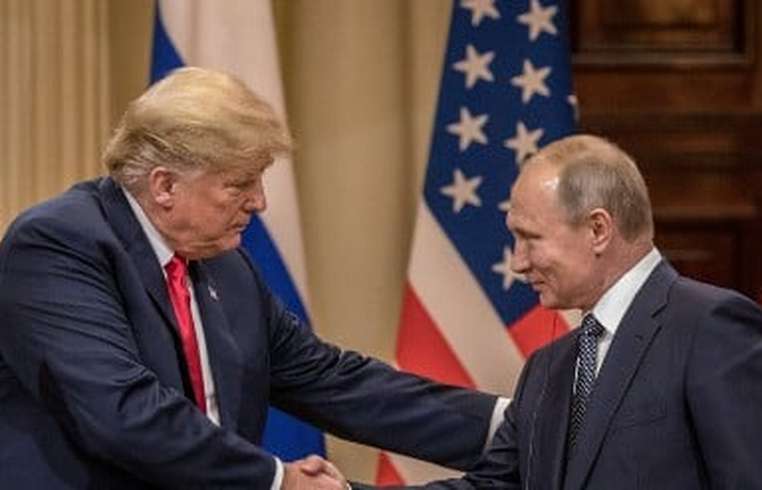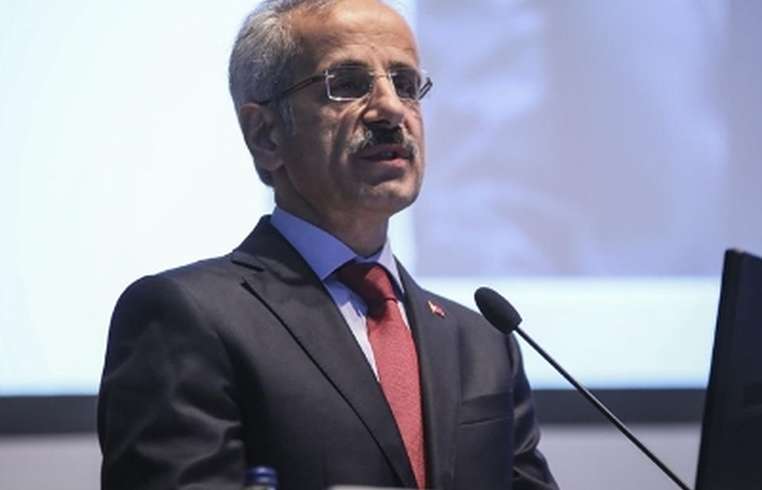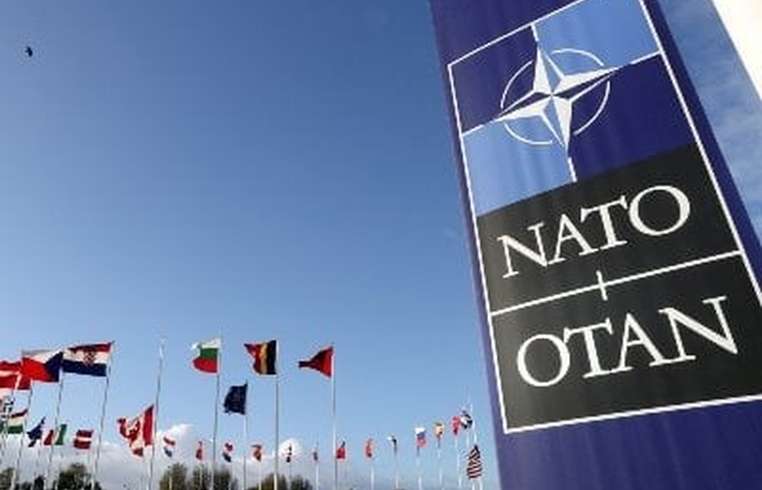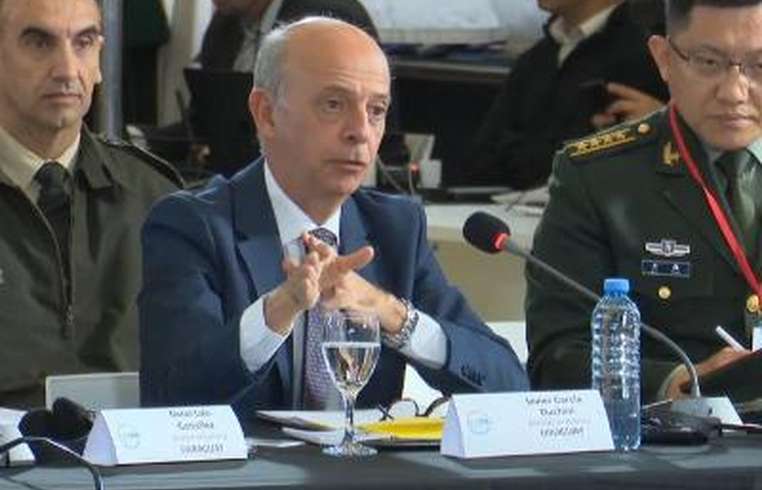
News - Newspaper: South Caucasus to come under Russia control?
Business Strategy
Newspaper: South Caucasus to come under Russia control?

Past daily of the Republic of Armenia (RA) writes as follows, in particular: The presidential elections ended in the US, Donald Trump became the president again. Many experts are sure that the results of the US presidential elections will have an impact on the geopolitical situation, in general, including the status quo created in the South Caucasus and the RA. (…) As for Armenia, it is noted that [PM Nikol] Pashinyan and [the ruling] CC [(Civil Contract Party)] have been conducting an anti-Russian foreign policy for years, they want to freeze all politico-military ties with Moscow, including within the CSTO framework. "As a result of the new division of zones of influence in the world, the South Caucasus will come under the control of the RF. The US will allow the RF to go for deeper integration with the post-Soviet countries, and the RA, under these conditions, will be in the zone of Russian influence. (…), and in this status quo, Pashinyan and the CC have nothing left than to return to the re-establishment of deep allied ties with Moscow. Otherwise, Pashinyan and his [poetical] team must resign and the pro-Russian forces come to power in the RA, as happened in Georgia," the authors think. It is also noted that a certain warming is expected in US-RF relations. The fate of Ukraine will be decided in the [Russian President Vladimir] Putin-Trump negotiations, which will affect the future of the South Caucasus and the RA. The US might promise Moscow not to attempt to create anti-Russian platforms from the anti-Russian lodgments; and in that case, Pashinyan's anti-Russian rhetoric and the CC's propaganda aimed against the RF will no longer be relevant and in demand in Washington.






